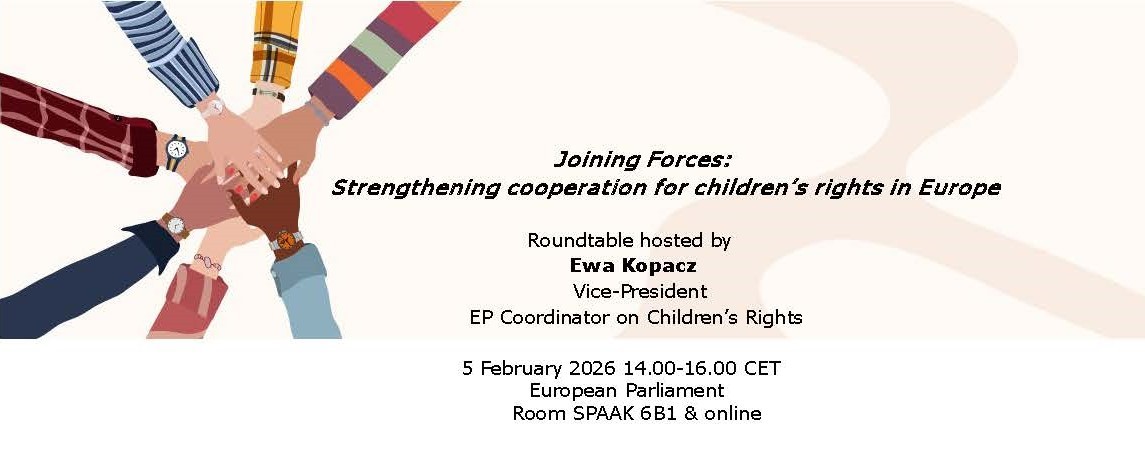The Minimum Age of Criminal Responsibility in Northern Ireland
How political instability has perpetuated the unnecessary criminalisation of our children and young people, and why Northern Ireland urgently needs to grasp the opportunity for legislative reform.
BLOG by Dr Ernest Purvis, from Eurochild member Children in Northern Ireland; Dr Paula Rodgers, Include Youth.
You have probably heard of Northern Ireland (NI) by now. We are a small region, with a population of less than 2 million, but we have received a disproportionate amount of global media attention after the UK voted to leave the EU. You probably know us for the fragile peace agreement that ended a thirty-year conflict and brought two divided communities together in government. You might have heard that since the modern institutions to govern NI were established in 1999, our political parties have only been able to form a functioning Executive for 40% of the time.
This constant political dysfunction has impeded the introduction of a child’s rights compliant Minimum Age of Criminal Responsibility (MACR), which at just 10 years old, is the lowest in Europe. In 2011, an independent review recommended that the MACR should be raised to the age of 12 with immediate effect, and that following a period of further review, consideration should be given to raising the age to 14. The report notes that research on brain development during adolescence and the early years supports the view that children and young people should be treated differently from adults in criminal matters.
At the time, Include Youth pointed out: “At 10, the age of criminal responsibility for children in Northern Ireland is […] significantly lower than the age at which children can legally assume other responsibilities. For example, the age of sexual consent is 16, the voting age is 18. Children are judged to be unable to buy cigarettes or serve on juries until 18; drive until 17; leave school or live independently until 16. The age of criminal responsibility sits incongruously alongside these other developmental milestones which, in essence, bestow carrying degrees of moral and social responsibility to a young person.”
Twelve years on from that review and despite an ever growing call for change from a wide range of children’s rights experts, academics and organisations working with young people, NI still has a MACR of 10. The outworking of this unnecessary criminalisation on the lives and future opportunities of our children was highlighted during a recent conference at Queen’s University Belfast. All contributors agreed that a low age of criminal responsibility, which essentially seeks a criminal justice solution to welfare issues, poverty and adverse childhood experiences, simply pushes and accelerates the trajectory of already vulnerable children into the youth justice system and ultimately custody.
The failure of stop-start Executives to increase MACR and to reach political consensus on the issue, has damaged young people. There is no quick fix to deal with our political uncertainty. However, there was a glimmer of optimism in October 2022 when a public consultation on raising the MACR was launched by the Department of Justice. Our hope is that this is the first step to legal reform, which can be agreed on and approved by the next Executive. Our young people cannot wait any longer. The time to raise the age in line with international standards, as recommended by the UN Committee on the Rights of the Child, is well overdue.





